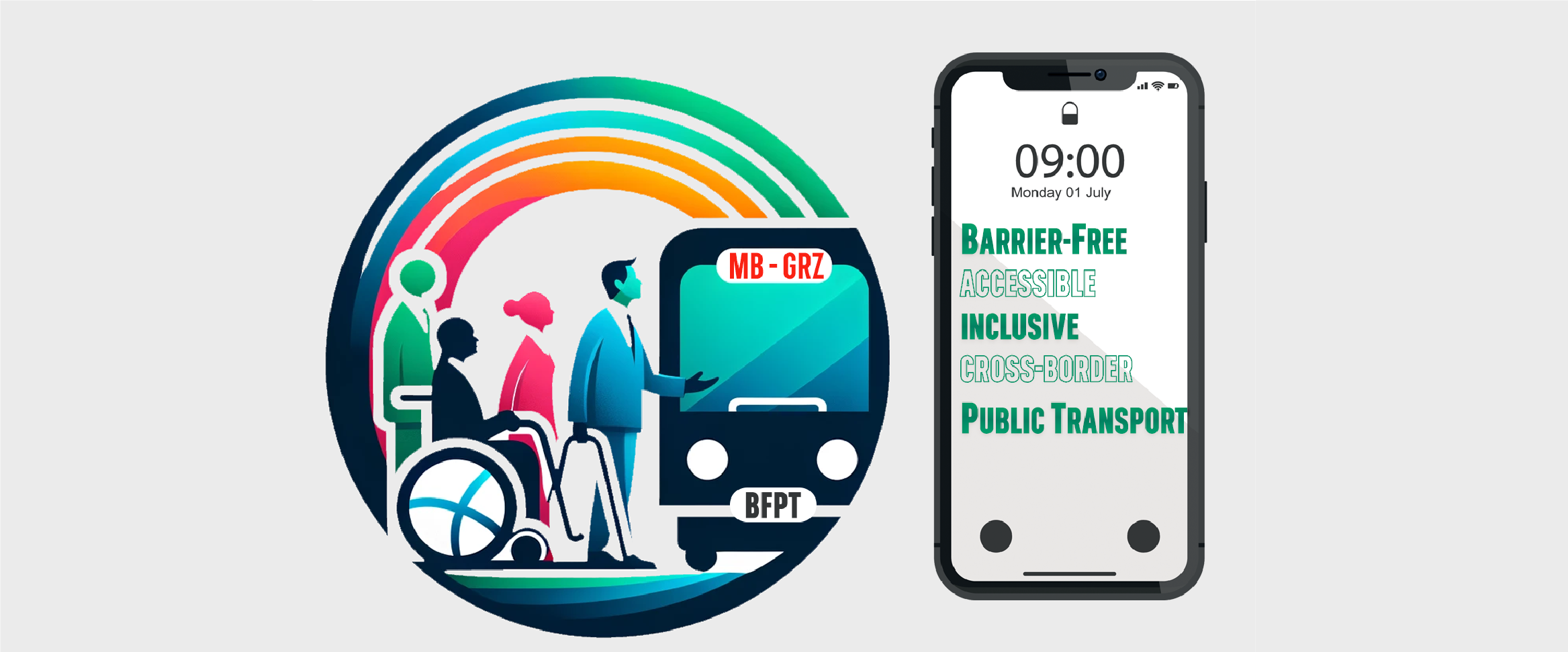SUMMER SCHOOLS
INTERACTIVE GERIATRIC PALLIATIVE CARE
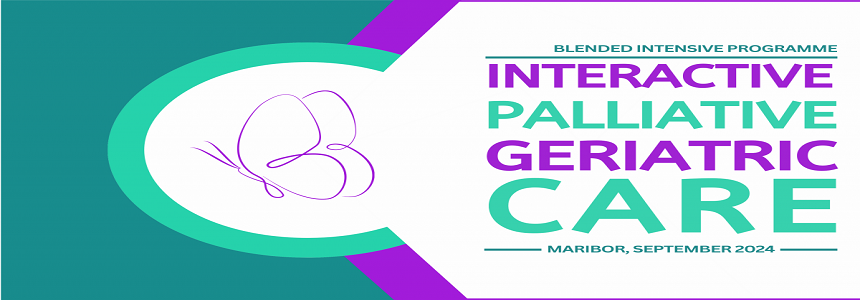
The Faculty of Health Sciences at the University of Maribor organised this inspiring Erasmus+ Blended Intensive Programme, which united 22 students from six European countries—Austria, the Czech Republic, Finland, Croatia, Portugal, and Slovenia. Participants kicked off with virtual sessions, presenting their institutions, countries, and personal backgrounds, fostering a rich cultural exchange.
The programme offered a comprehensive exploration of palliative care, starting with lectures by renowned experts on topics such as person-centred care, the process of dying, palliative care in emergency settings, and the use of virtual reality (VR) in healthcare. This theoretical grounding prepared students for an intensive week filled with interactive workshops, discussions, and hands-on activities.
Students collaborated on designing their own models of person-centred care, explored research methodologies using innovative PICO cards, and engaged in simulations to practice supporting patients facing deteriorating health and distressing symptoms. A VR workshop provided cutting-edge insights into patient care, combining interactive learning with immersive technology.
A highlight of the programme was a visit to the Šentjur Nursing Home, where participants observed real-world palliative care practices, including therapies like aromatherapy, isolation therapy, and music therapy, used to normalize the dying process. Students interacted with nurses and social workers, gaining practical insights into care for elderly patients.
Participants praised the programme’s organisation, interactivity, and emphasis on practical knowledge, which they found invaluable for their professional development. The blend of teamwork, cultural exchange, and immersive learning created an unforgettable experience. Many students expressed a desire for future collaboration, making this programme a resounding success in fostering skills, empathy, and innovation in geriatric palliative care.
SUMMER SCHOOLS
TRANSLATION AND TRANSCREATION IN THE DIGITAL ENVIRONMENT – TRANS 2024
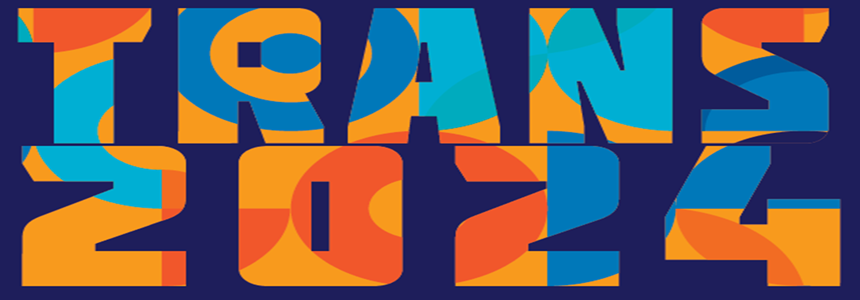
The Faculty of Arts of the University of Maribor proudly hosted the 11th International Summer Academy in Translation Studies and the TRANS 2024 Conference. This vibrant event brought together over 40 students and lecturers from across Europe to explore the evolving field of translation studies through hands-on workshops, engaging round tables, and cultural excursions.
With a focus on German, English, Slovene, and other Central and South-East European languages, participants delved into the role of translation as a cornerstone of intercultural communication in a multilingual world. Organized in collaboration with the Directorate-General for Translation at the European Parliament, the programme highlighted the importance of fostering mobility, collaboration, and respect for lesser-known languages across Europe.
This memorable academy celebrated the rich tapestry of languages and cultures while empowering future translators to bridge communication gaps in a globalised society.
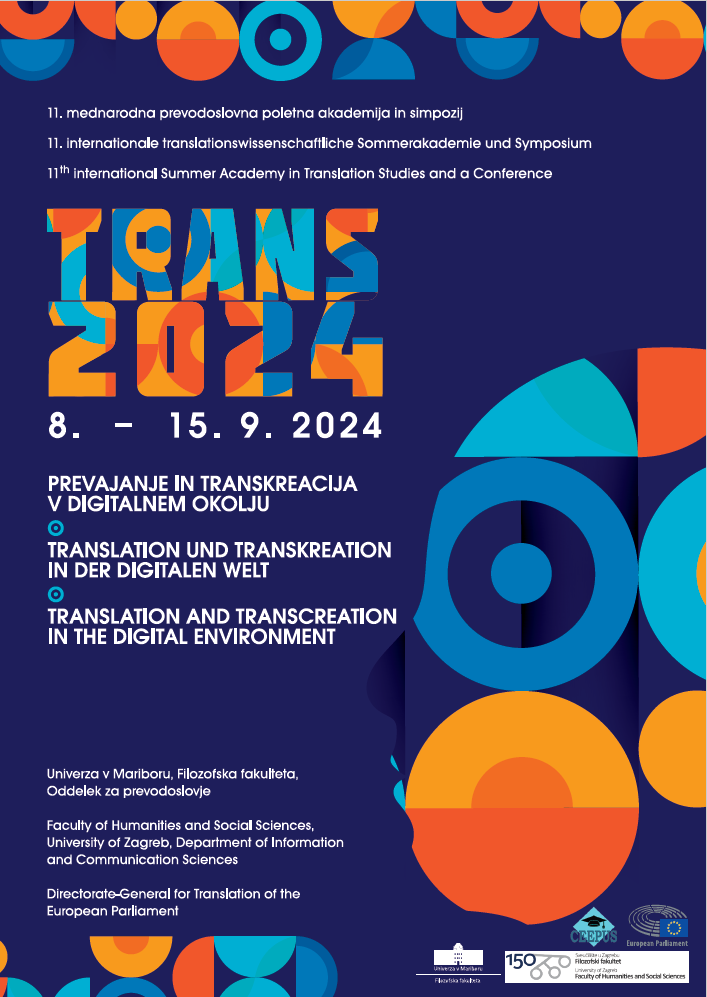
SUMMER SCHOOLS
3RD INTERNATIONAL SUMMER SCHOOL “SUSTAINABILITY IN INTERNATIONAL BUSINESS”

SUMMER SCHOOLS
4TH INTERNATIONAL SUMMER SCHOOL “ORGANIZATION, MANAGEMENT & SOCIETY”
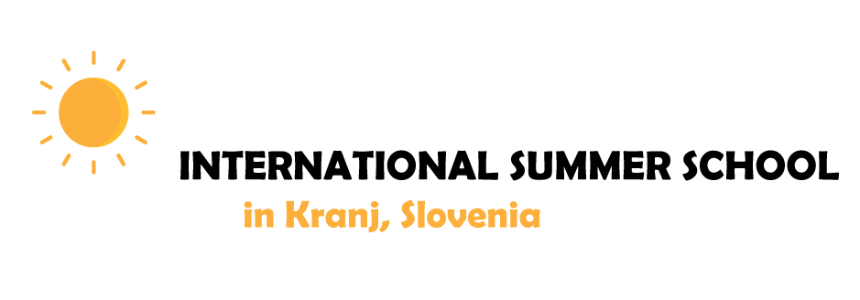
The Erasmus+ BIP Organization, Management & Society, hosted by the Faculty of Organizational Sciences at the University of Maribor, brought together 21 students and 17 professors from 12 universities across 8 European countries. This hybrid event offered an engaging exploration of organization, management, and society.
Program Highlights:
- Dynamic Learning Opportunities: Through lectures and workshops, participants explored key pillars of organizational success—processes, people, and information systems. Topics included:
- The importance of organizational vision and guidelines.
- Human resource competencies for green and digital transitions.
- Entrepreneurship and turning ideas into businesses.
- Integrating engineering into sustainable and digital advancements.
- Leveraging AI for the “Blue Economy.”
- International marketing, gamification, and resilience-focused industry practices.
- Real-World Case Study: Students tackled a real-life challenge developed in collaboration with the Office for Development and Smart Communities of the Municipality of Kranj, gaining insights into smart solutions for improving urban living.
Cultural and Networking Experiences:
Participants visited landmarks in Ljubljana and Kranj, enriching their cultural understanding while forging professional and personal connections.
The summer school concluded with impressive student presentations, affirming the program’s success in fostering innovative thinking, practical knowledge, and international collaboration. Students and professors alike praised the experience as enriching and impactful for their academic and professional growth.
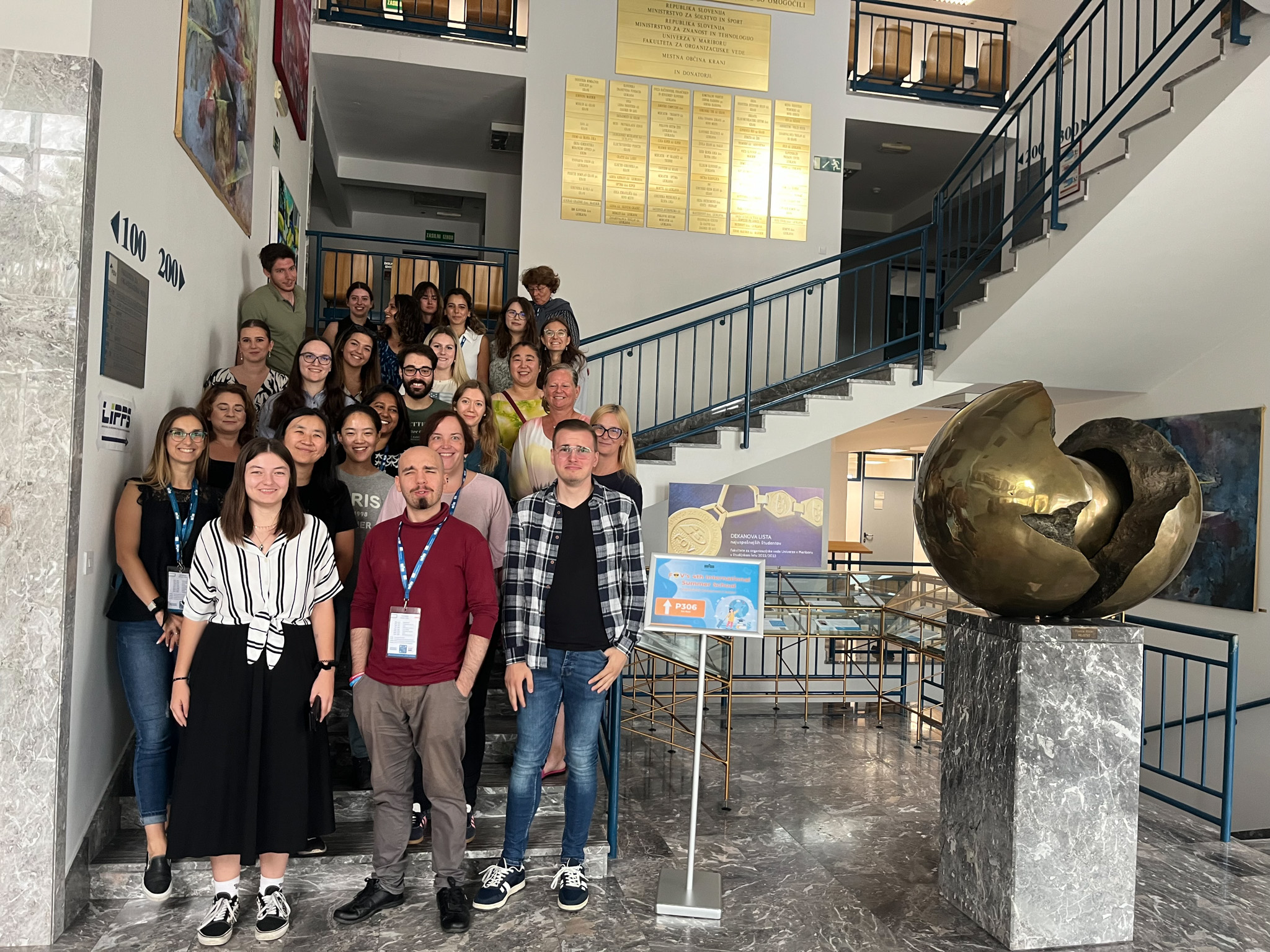
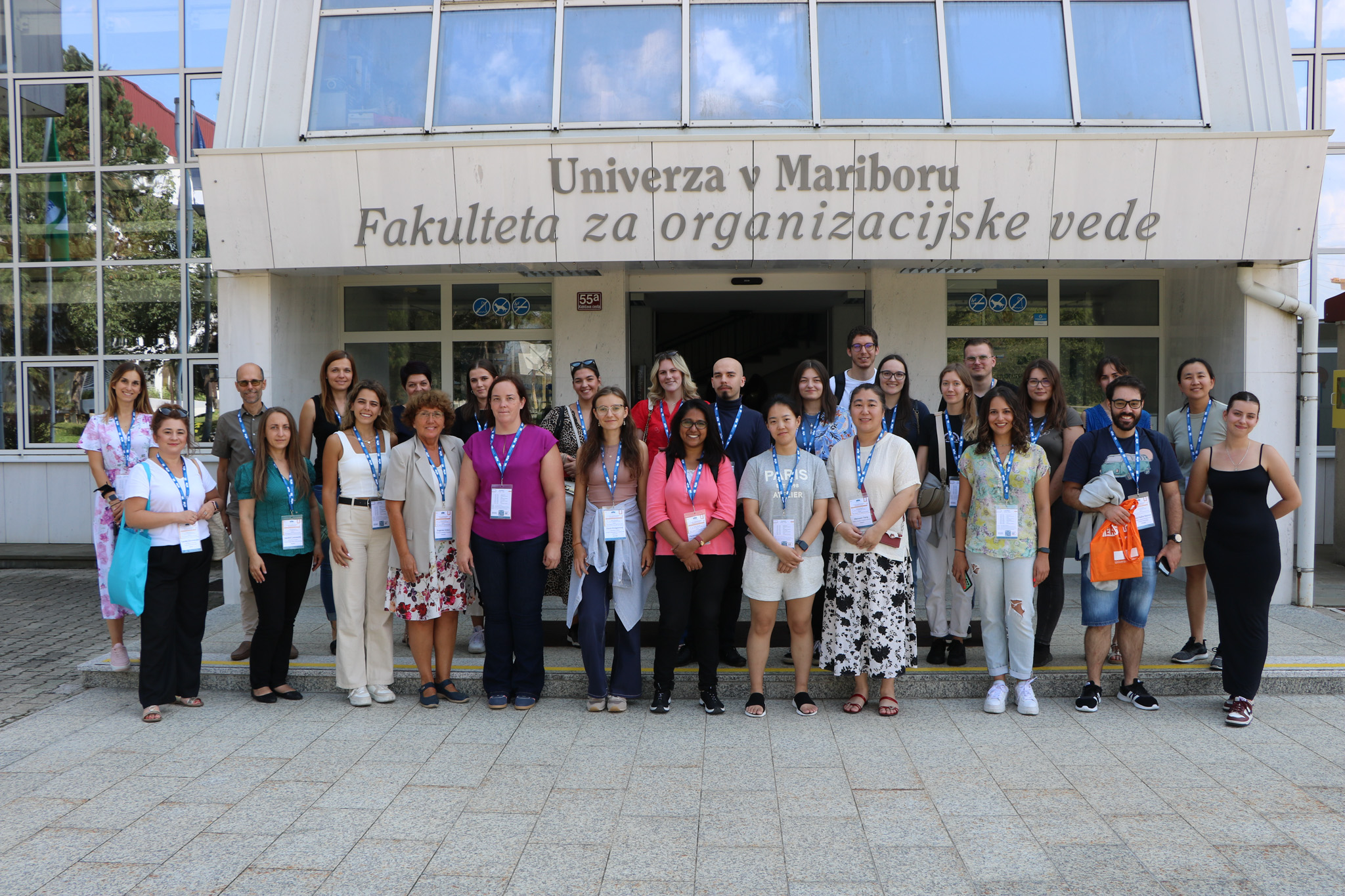








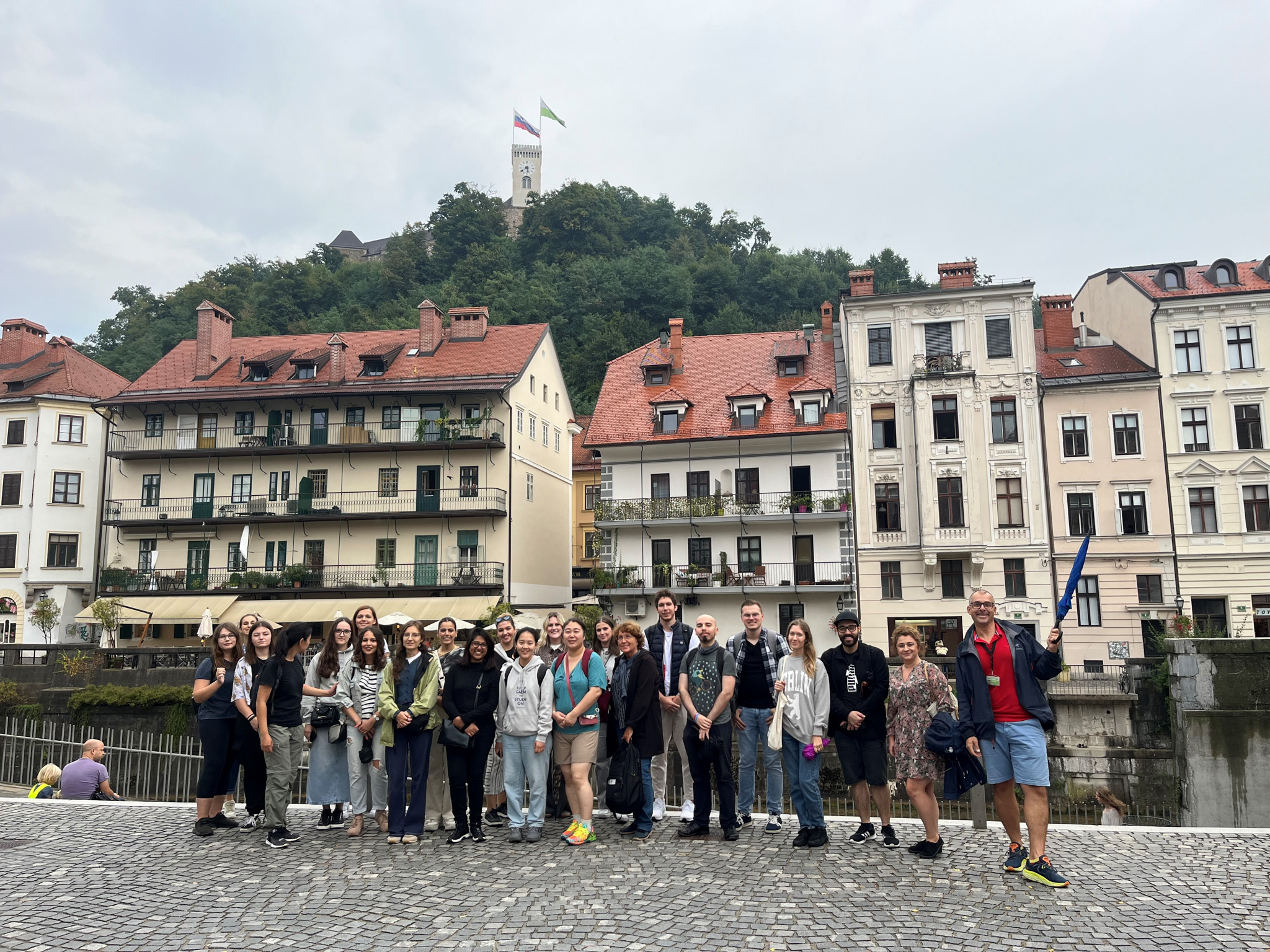

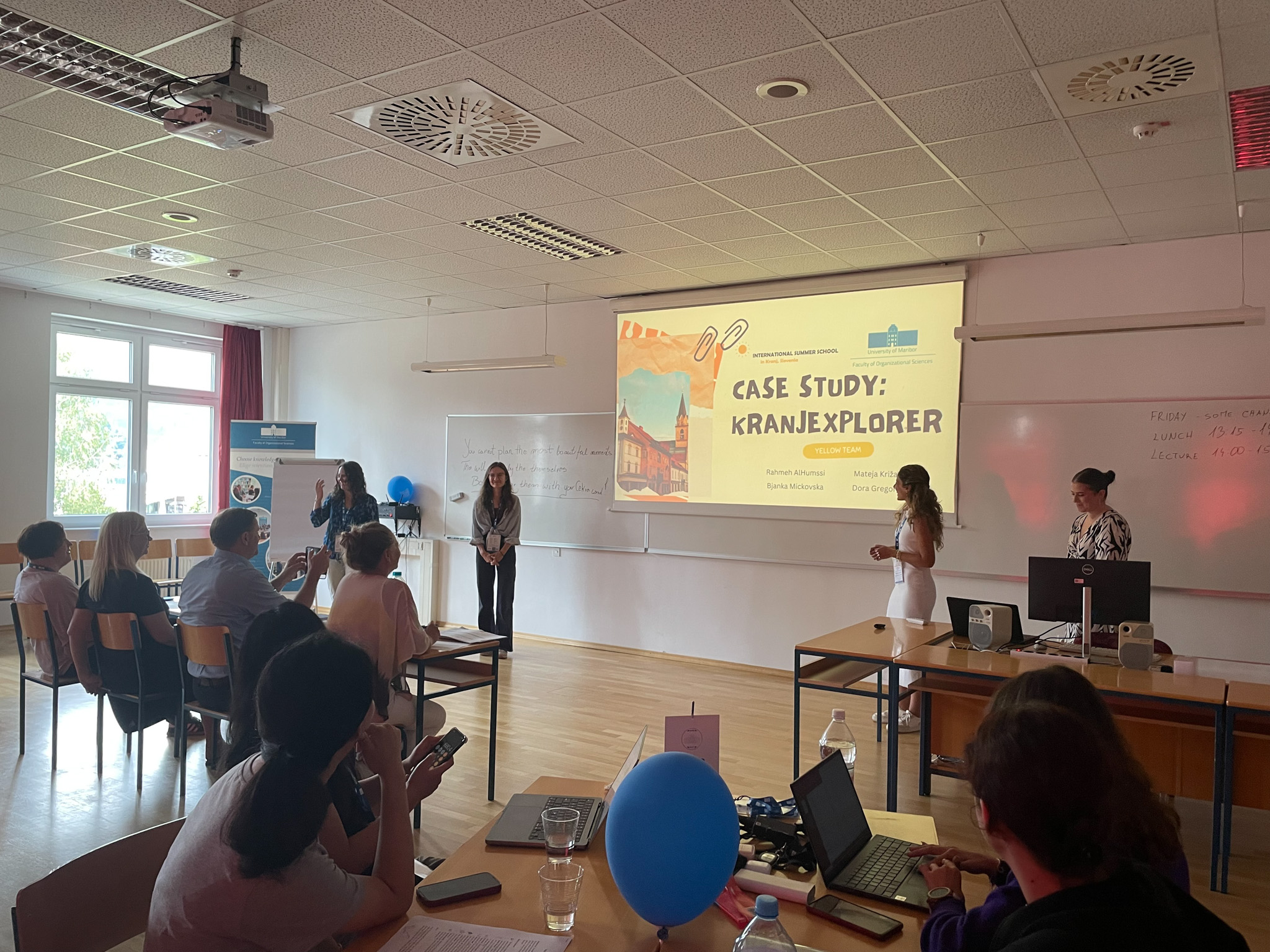

SUMMER SCHOOLS
11TH INTERNATIONAL LOGISTICS SUMMER SCHOOL – SUSTAINABLE LOGISTICS: THEORETICAL HEROES TACKLE A REAL GREEN CHALLENGE

The Erasmus+ BIP Sustainable Logistics brought students and professionals from across the globe to explore cutting-edge solutions in sustainable logistics. Hosted by the Faculty of Logistics, University of Maribor, the programme combined virtual lectures with hands-on, in-person activities to tackle real-world challenges.
The virtual sessions introduced exciting topics like Logistics 4.0, sustainability, and the Industrial Internet of Things (IIoT). Students learned how digital tools and innovative practices can reduce inefficiencies, foster employee well-being, and shrink carbon footprints. Engaging lectures highlighted methods like Value Stream Mapping and 5S, as well as smart city logistics and sustainable supply chains.
In the in-person phase, students dove into a green challenge set by a local logistics company. They analysed real supply chain processes, identified inefficiencies, and worked on creative solutions to reduce environmental impact. From calculating carbon footprints of printed vs. digital documents to brainstorming innovative ways to streamline operations, the experience was both educational and practical.
Beyond academics, team-building games and visits to the company and local landmarks fostered connections among participants. By blending theory, practice, and a touch of adventure, this summer school left students with fresh knowledge, new friends, and ideas to make logistics smarter and greener.
SUMMER SCHOOLS
SUMMER SCHOOL OF SLOVENE AS A SECOND AND FOREIGN LANGUAGE – SLOVENE AT FIRST SIGHT 2024
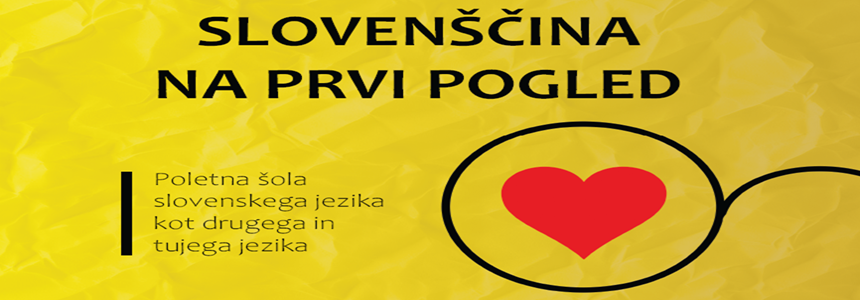
Od 26. 8. 2024 do 6. 9. 2024 je na Filozofski fakulteti UM v organizaciji Oddelka za slovanske jezike in književnosti in v sodelovanju z Mednarodno pisarno UM ter s Centrom Republike Slovenije za mobilnost in evropske programe izobraževanja in usposabljanja – CMEPIUS potekala Poletna šola slovenskega jezika kot drugega in tujega jezika z naslovom Slovenščina na prvi pogled. Poletna šola je bila namenjena tujim slovenistkam in slovenistom, slavistkam in slavistom, študentkam in študentom, ki se v tujini ukvarjajo s slovenskim jezikom, literaturo in kulturo. Udeleženke in udeleženci poletne šole so prišli z visokošolskih ustanov iz srednje, vzhodne in jugovzhodne Evrope, ki so vključene v mrežo CEEPUS Slavic Philology and Its Cultural Contexts. Dopoldanski program poletne šole je vključeval lektorske vaje in konverzacije v slovenščini, popoldanski program pa dve slovenistični predavanji in večerne aktivnosti v organizaciji Mednarodne pisarne UM ter celodnevno ekskurzijo.
Vodja poletne šole: izr. prof. dr. Gjoko Nikolovski (gjoko.nikolovski@um.si)
From 26 August 2024 to 6 September 2024, the Faculty of Arts of the University of Maribor hosted the Summer School of Slovene as a Second and Foreign Language entitled Slovene at First Sight. The summer school was organised by the Department of Slavic Languages and Literatures in cooperation with the UM International Relations Office and the Centre of the Republic of Slovenia for Mobility and European Education and Training Programmes – CMEPIUS. The Summer School was aimed at international students of Slovene and Slavic languages. The participants of the summer school came from higher education institutions from Central, Eastern and South-Eastern Europe, which are included in the CEEPUS network Slavic Philology and Its Cultural Contexts. The morning programme of the summer school included language tutorials and conversations in Slovene, while the afternoon programme included two Slovene lectures and evening activities organised by the UM International Relations Office and a full-day excursion.
Head of the Summer School: Assoc. Prof. Dr. Gjoko Nikolovski (gjoko.nikolovski@um.si)
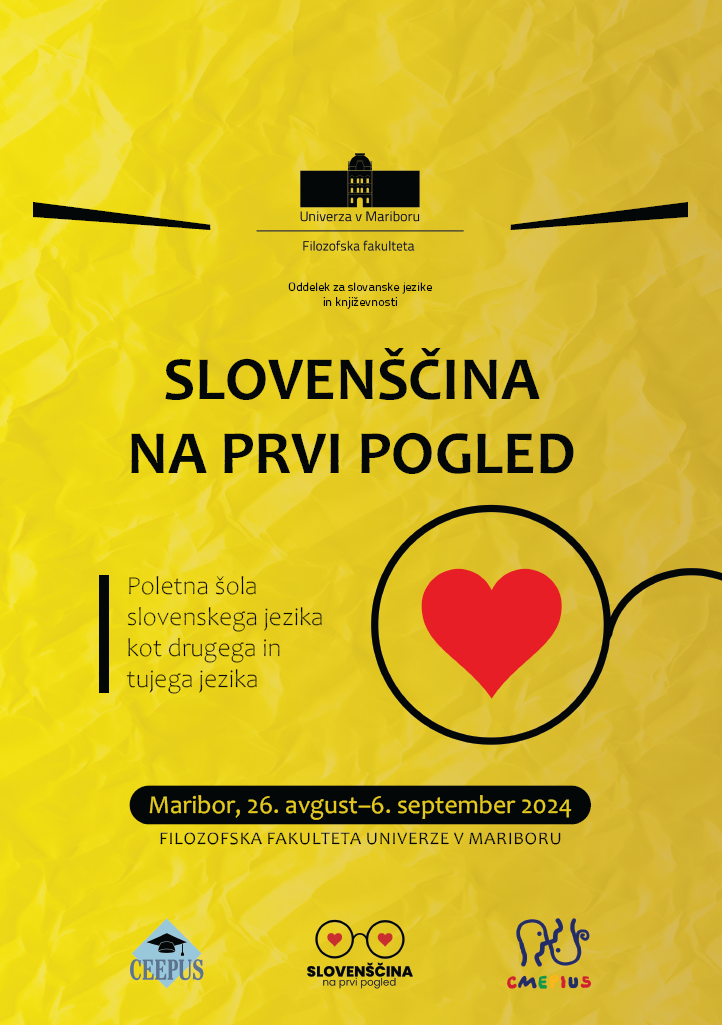
SUMMER SCHOOLS
ICT IN PRECISION AGRICULTURE – IPA.UM.SI
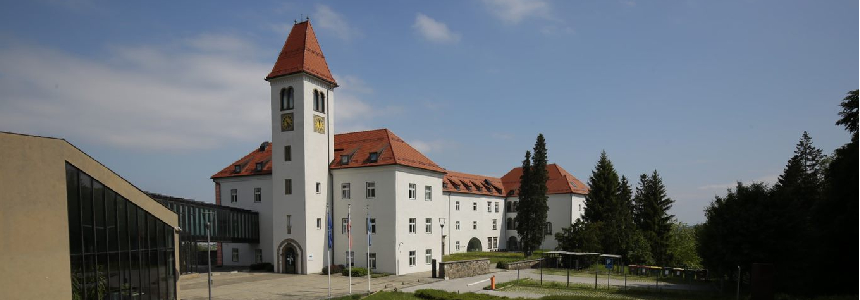
SUMMER SCHOOLS
SOLUTION DESIGN
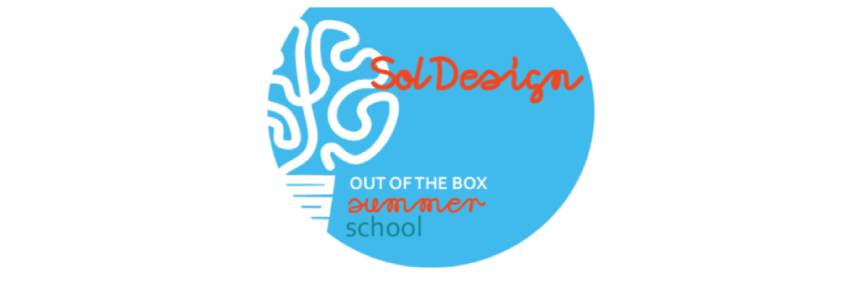
The Solution Design BIP is where innovation meets action! Imagine diving into a hands-on programme that transforms ideas into impactful solutions, all while working with peers from diverse backgrounds. This isn’t your typical classroom – it’s a creative playground where your ideas can shape the future.
Before the in-person fun began, the students introduced themselves with a short video about their university, their city, and what makes them special. It was a great way to showcase their world and connect with others even before meeting face-to-face. The online kick-off sessions set the vibe with inspirational stories, creative challenges, and an introduction to the exciting journey ahead.
When we met in person, it was time to roll up our sleeves! Expert-led sessions immersed you in cutting-edge topics, from design thinking to eco-friendly tech. But it didn’t stop there. We headed into the real world for field trips, tackling challenges in their actual environments. Working in diverse teams, we brainstormed, prototyped, and tested our solutions, using techniques that blend creativity with practicality.
This was more than just a summer school. It was a chance to level up your problem-solving skills, make lifelong friends, and develop solutions that matter. Whether you’re passionate about technology, sustainability, or design, you’ll leave with more than just knowledge – you’ll have the confidence to turn ideas into reality. Get ready to think big and design even bigger!
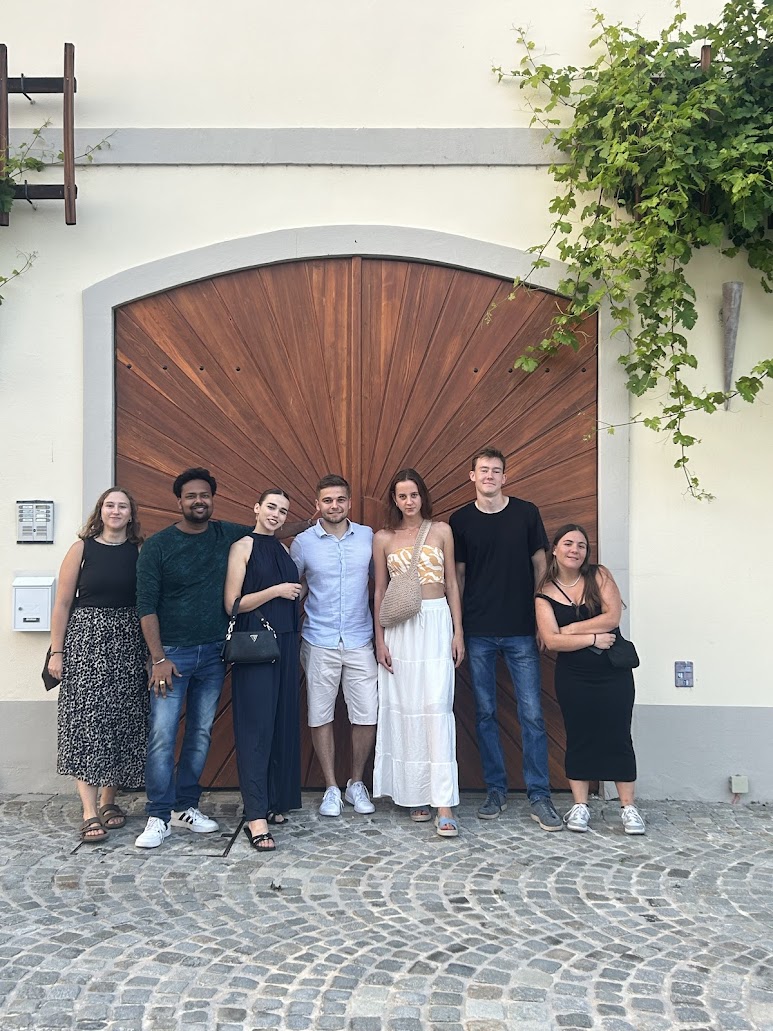
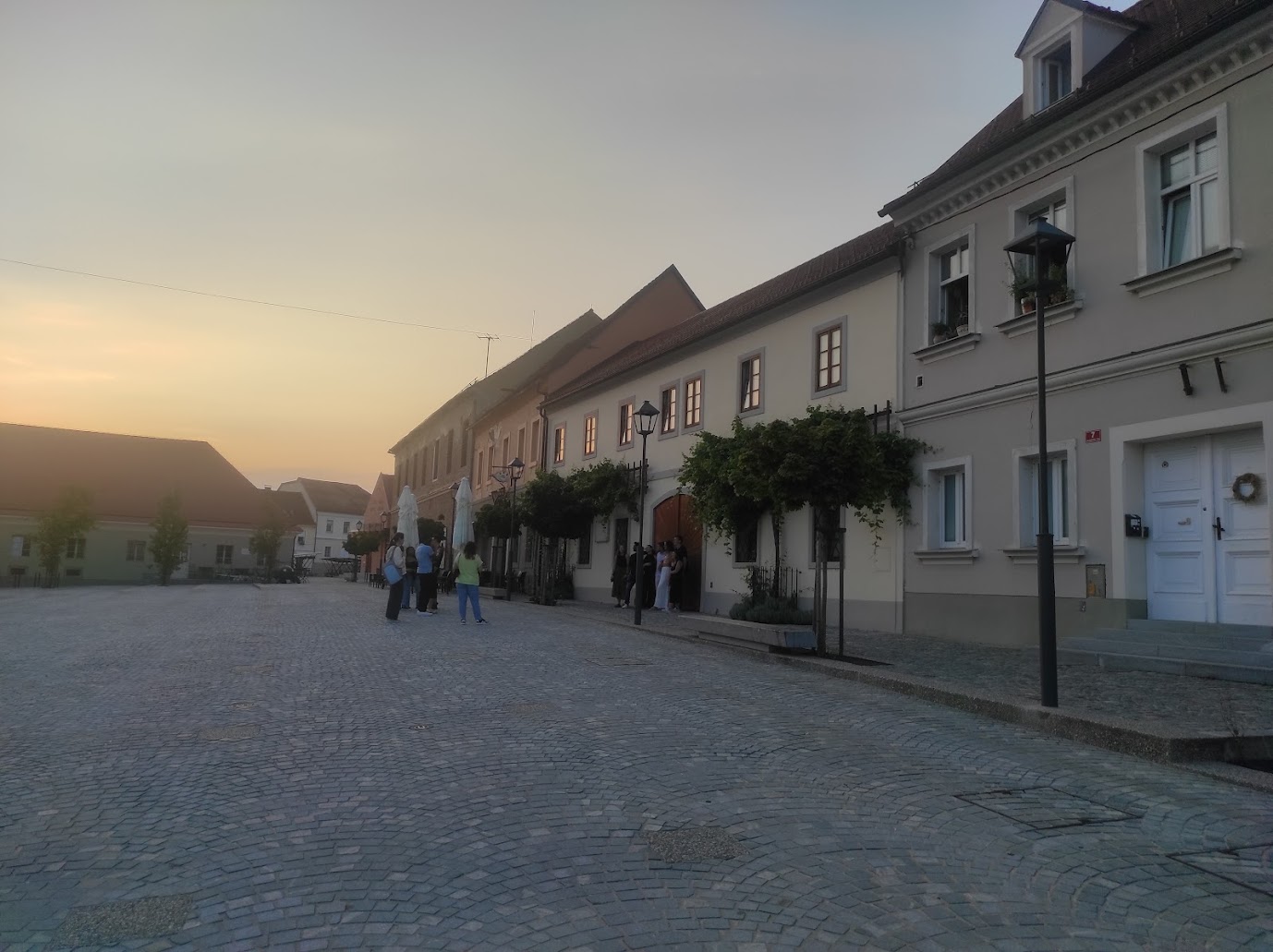
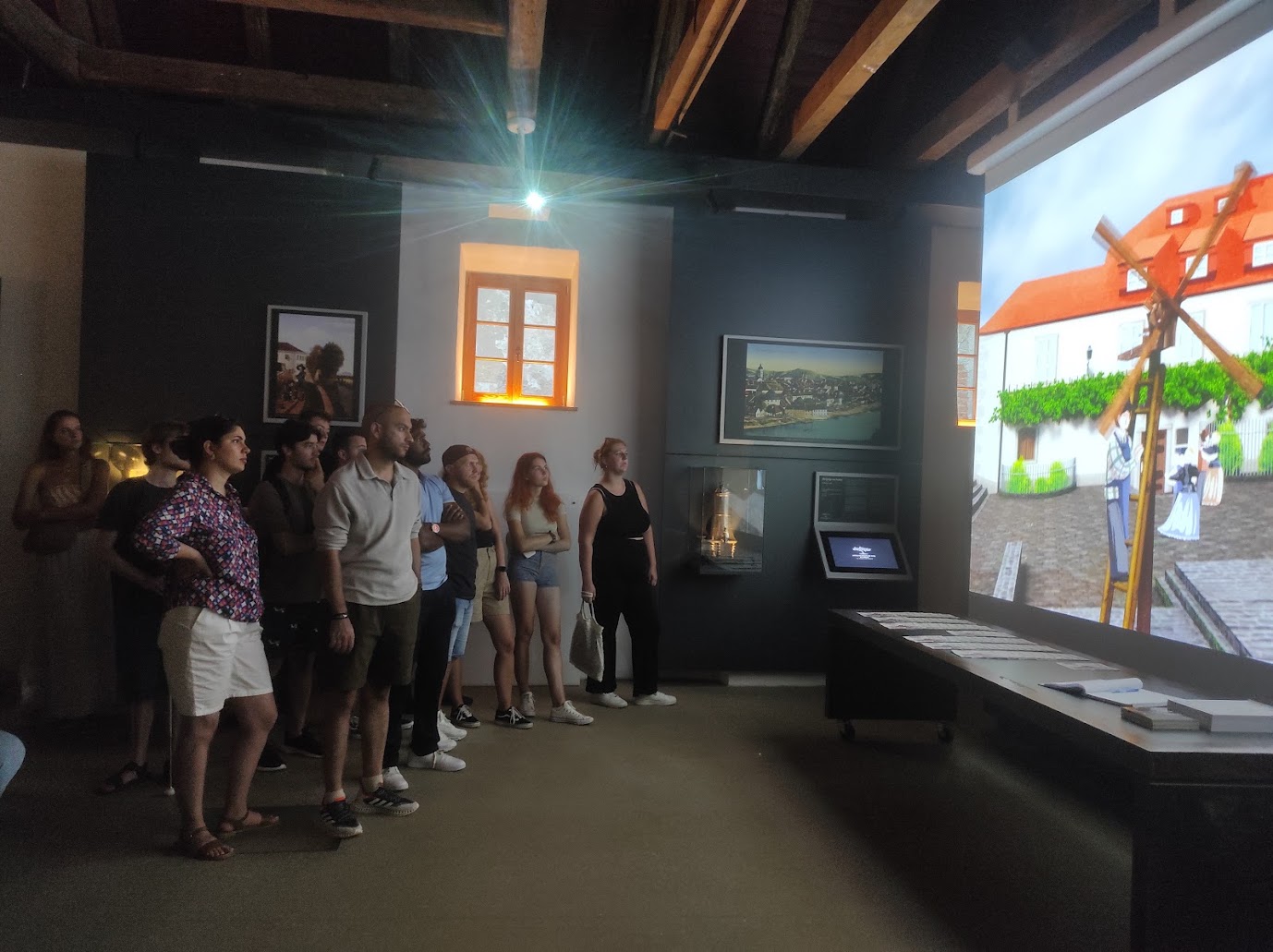
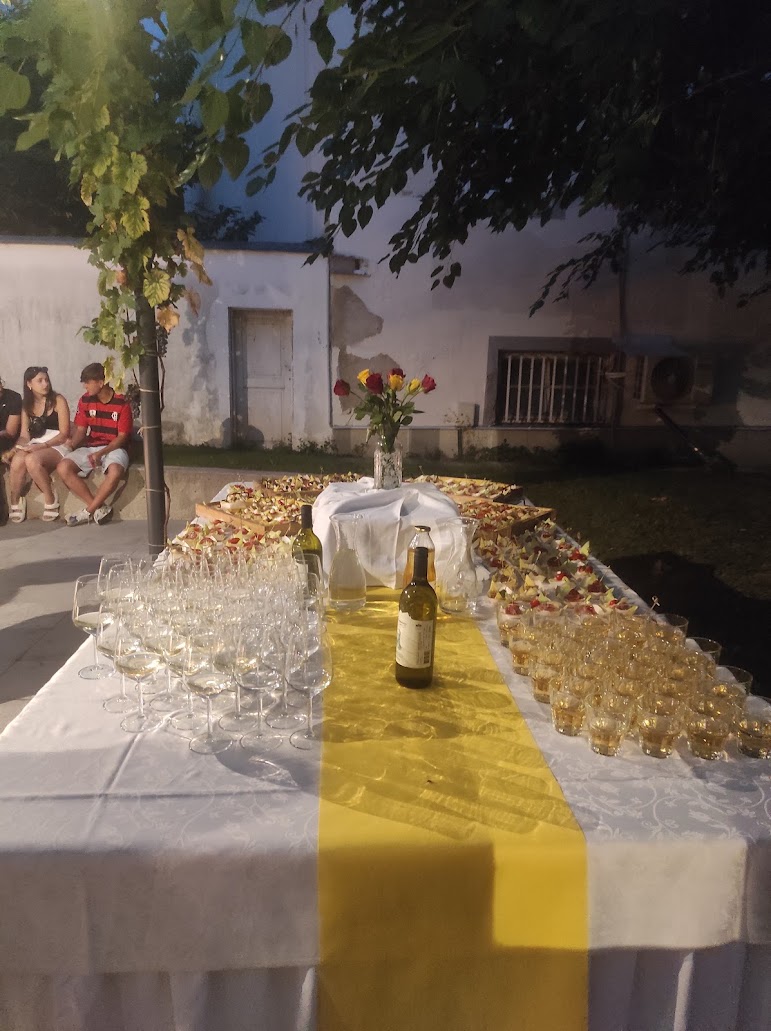
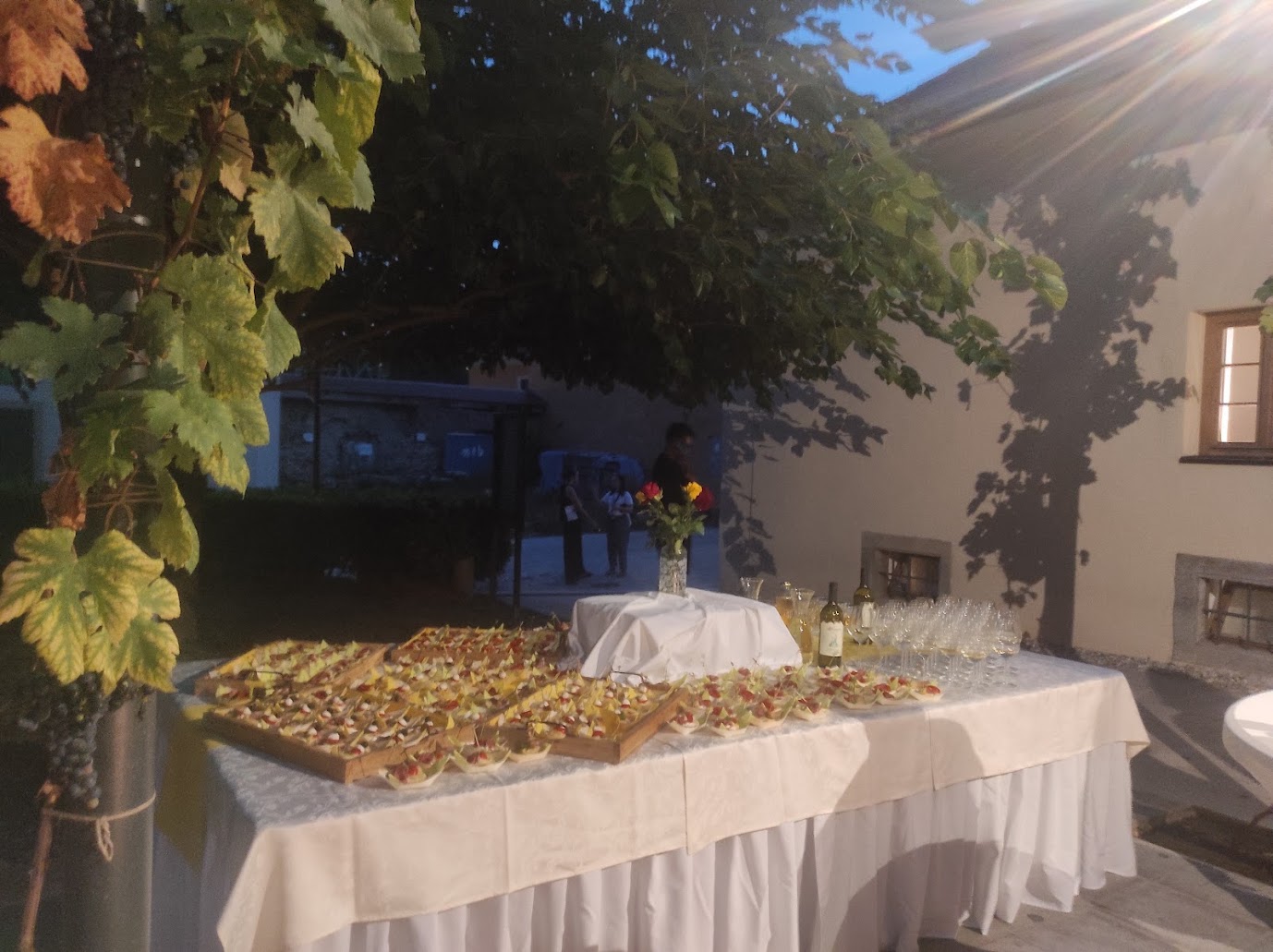
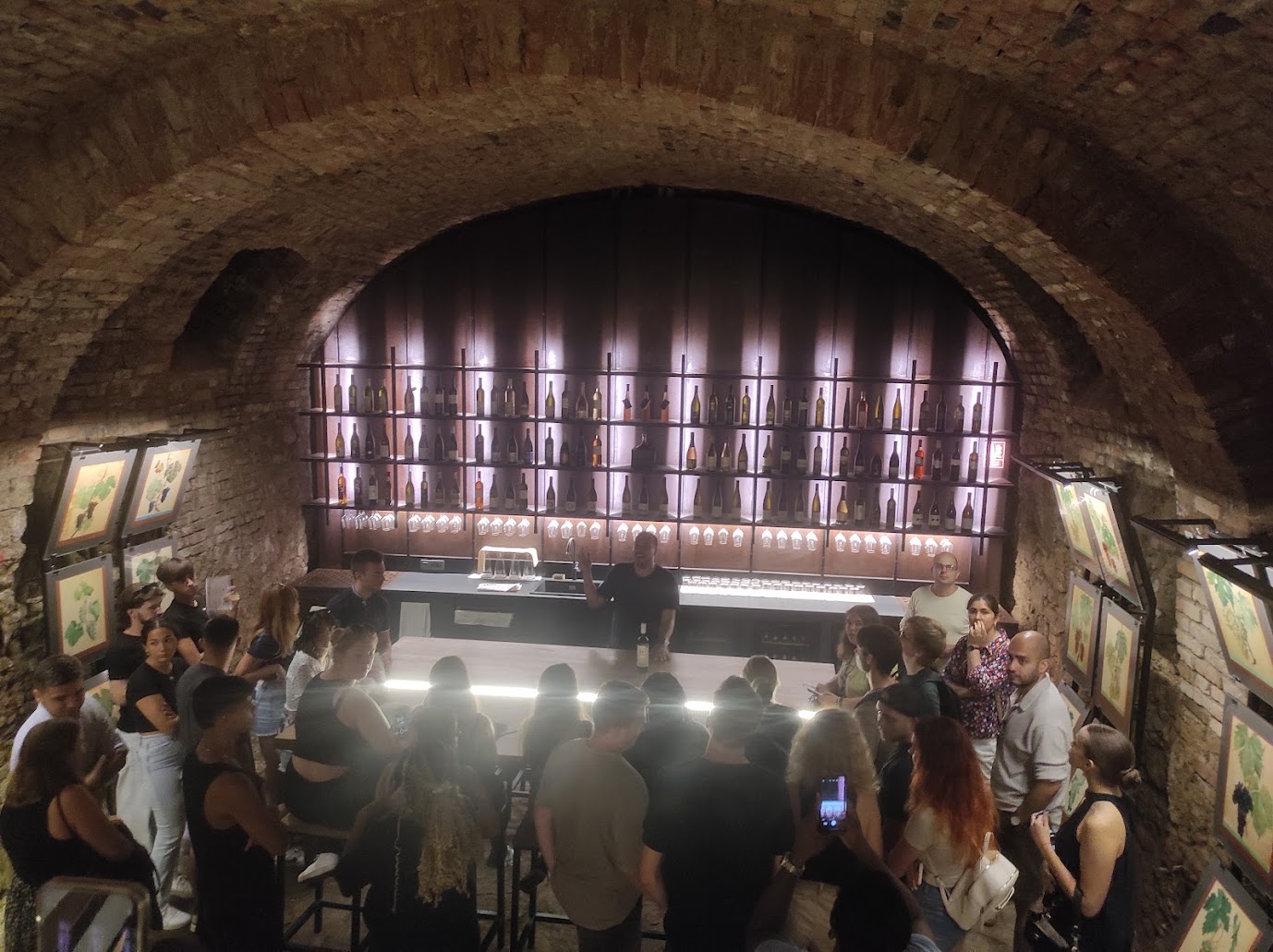
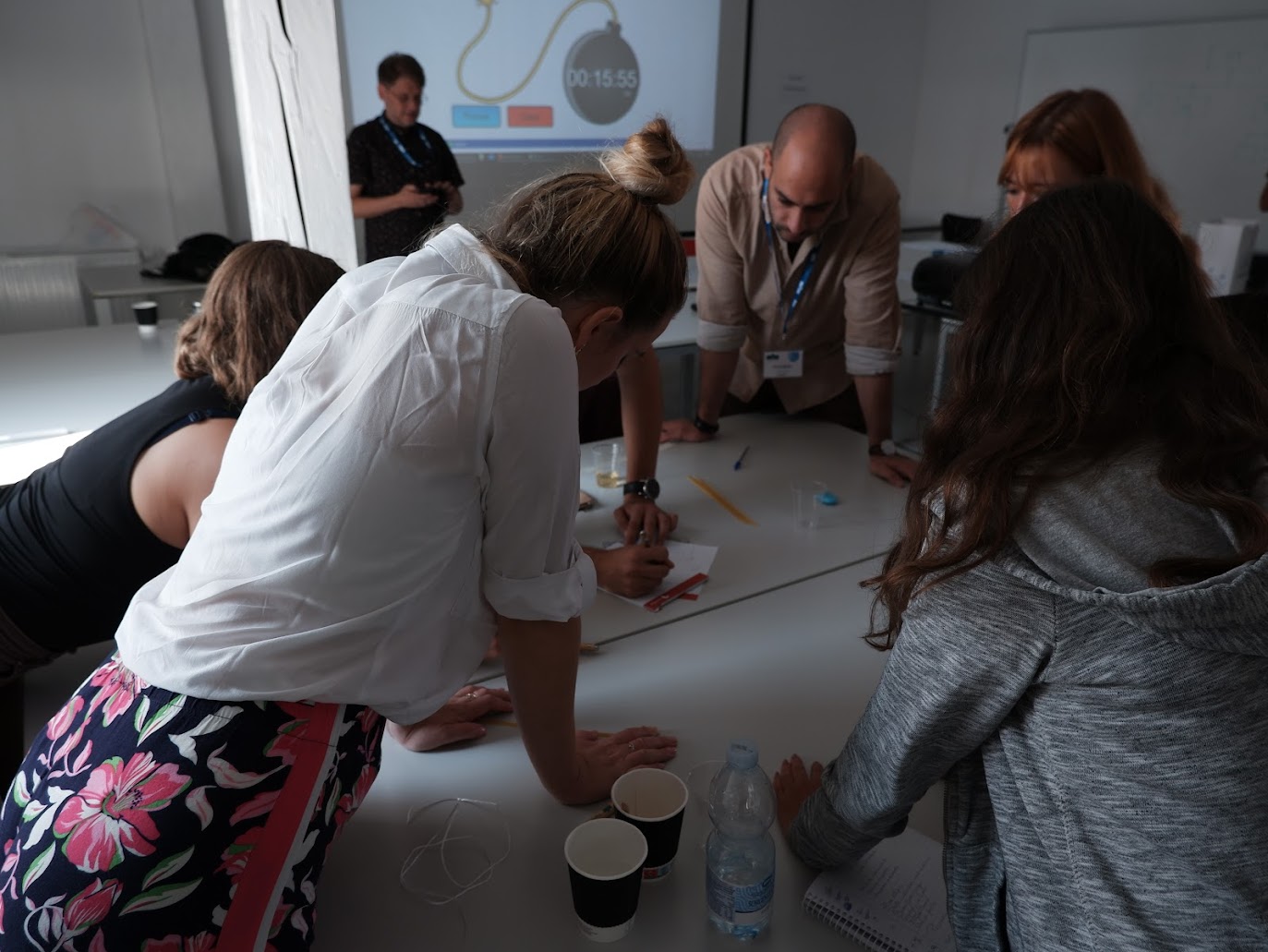
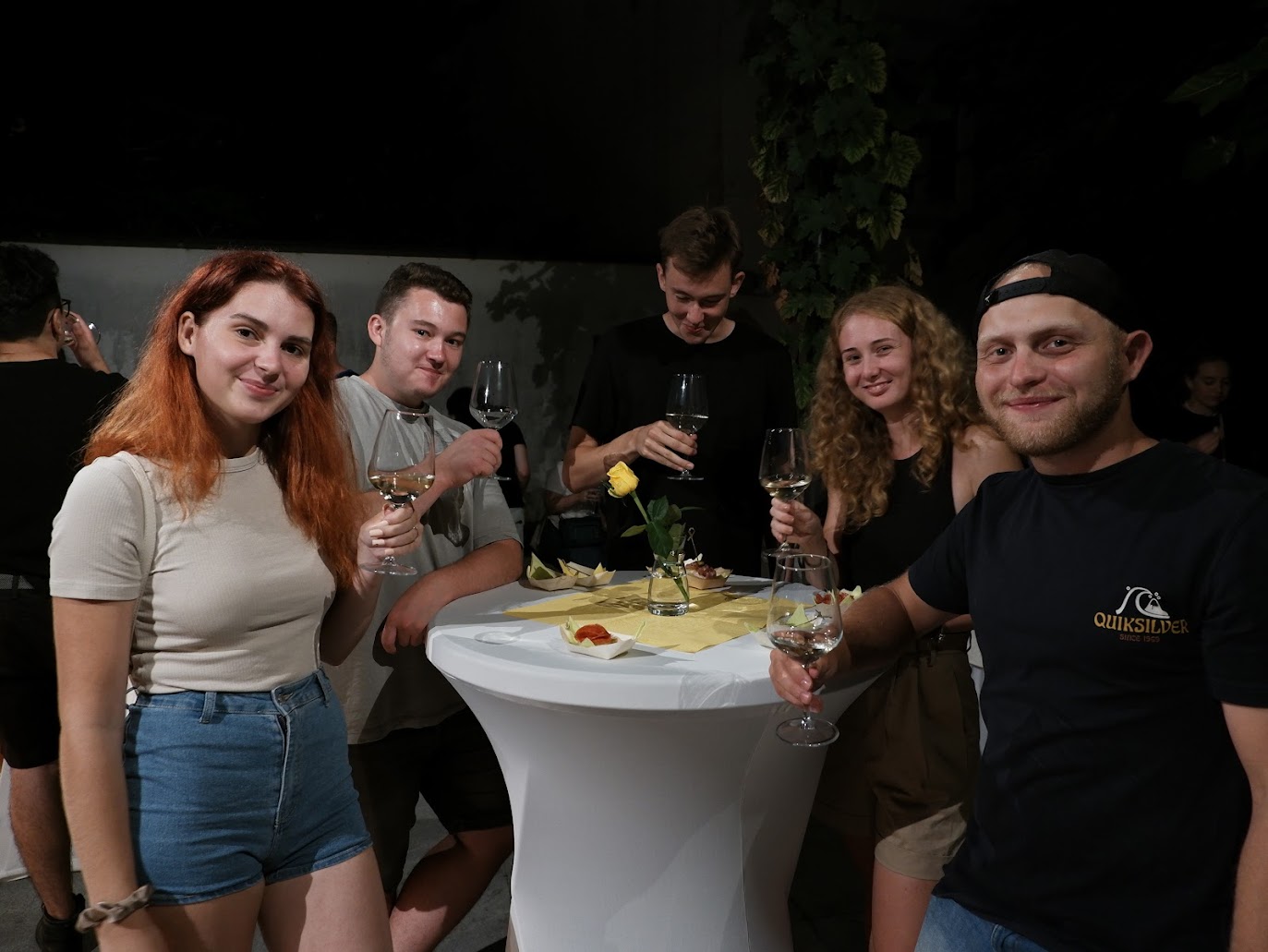
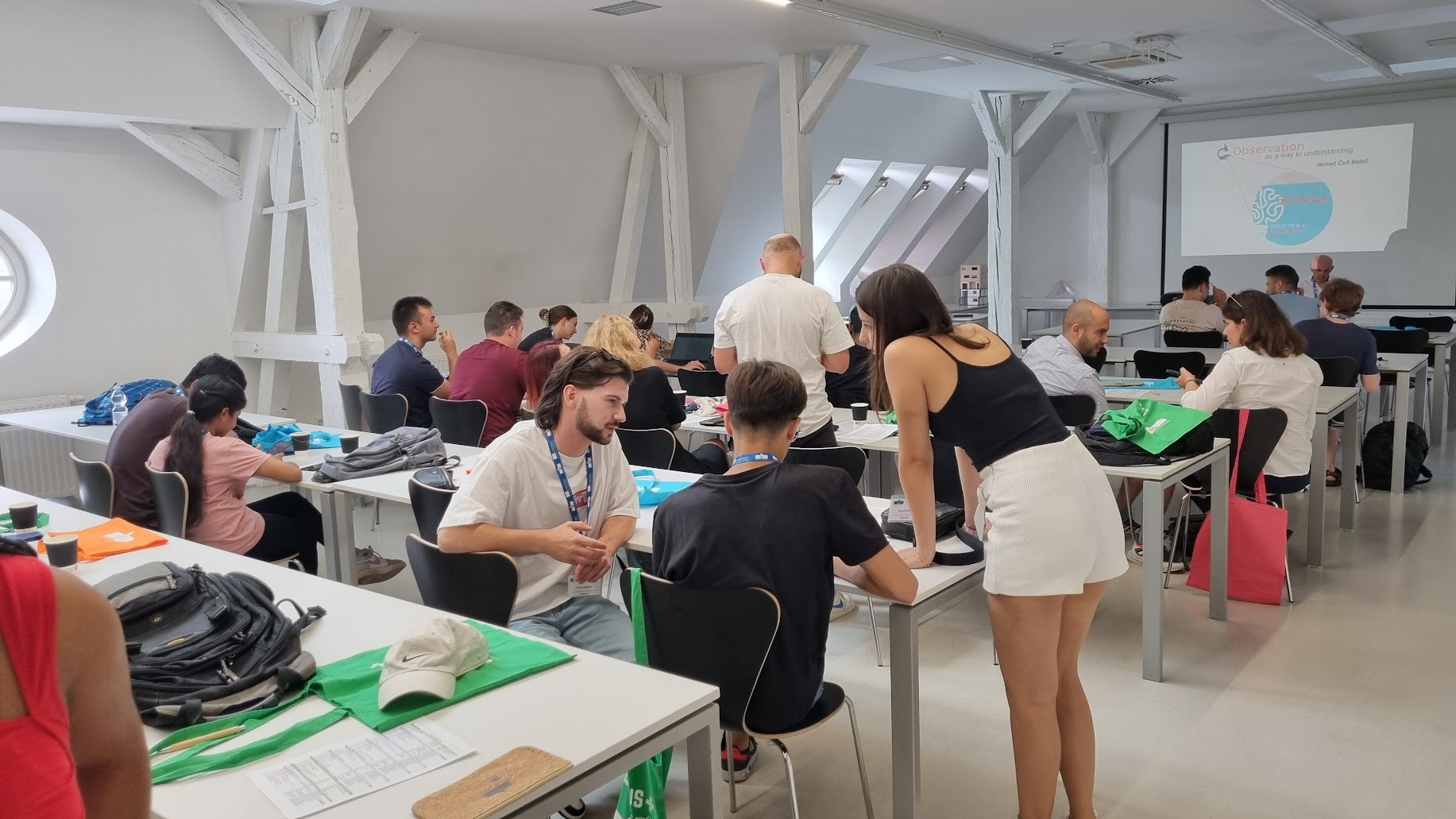
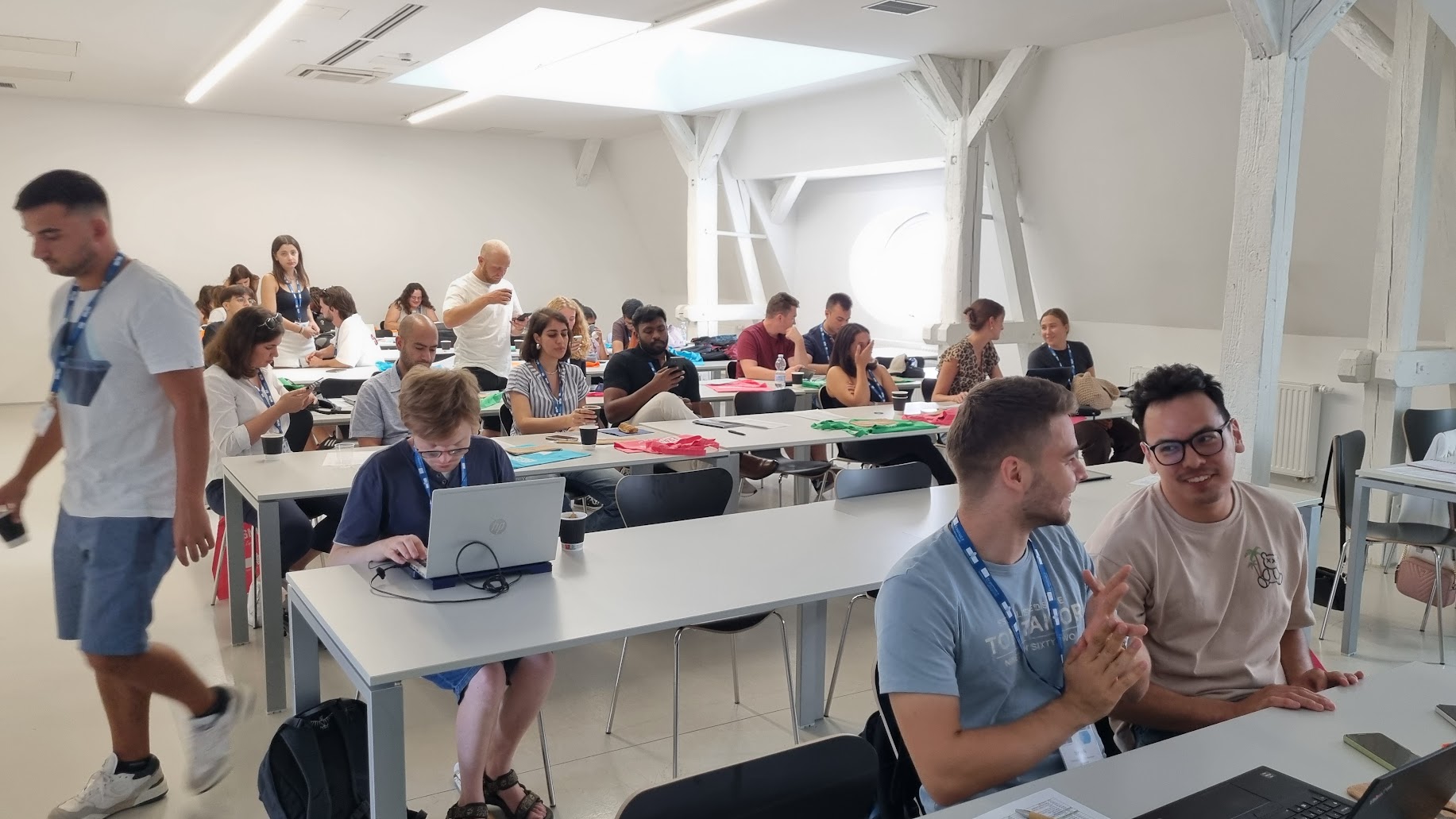
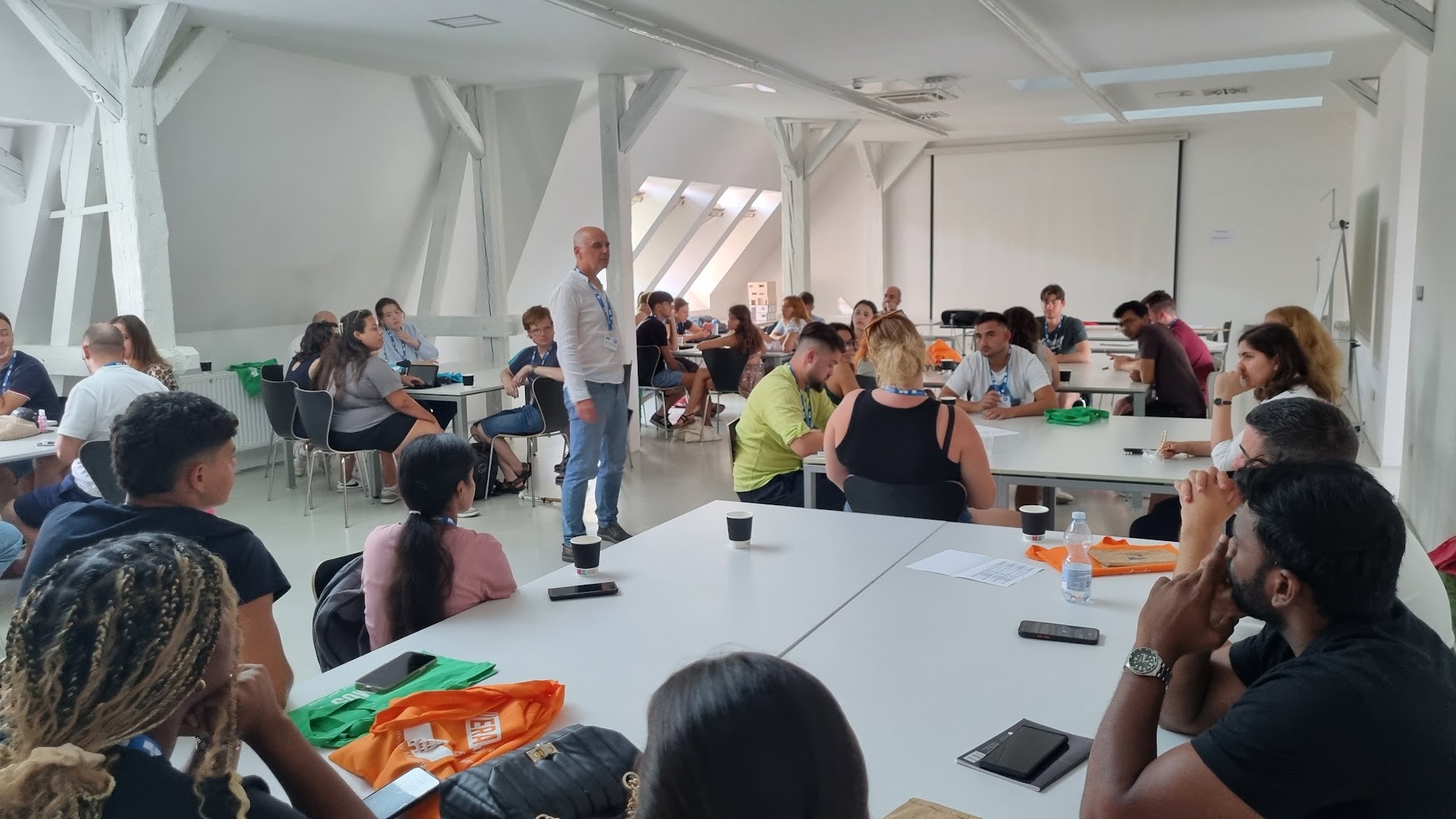
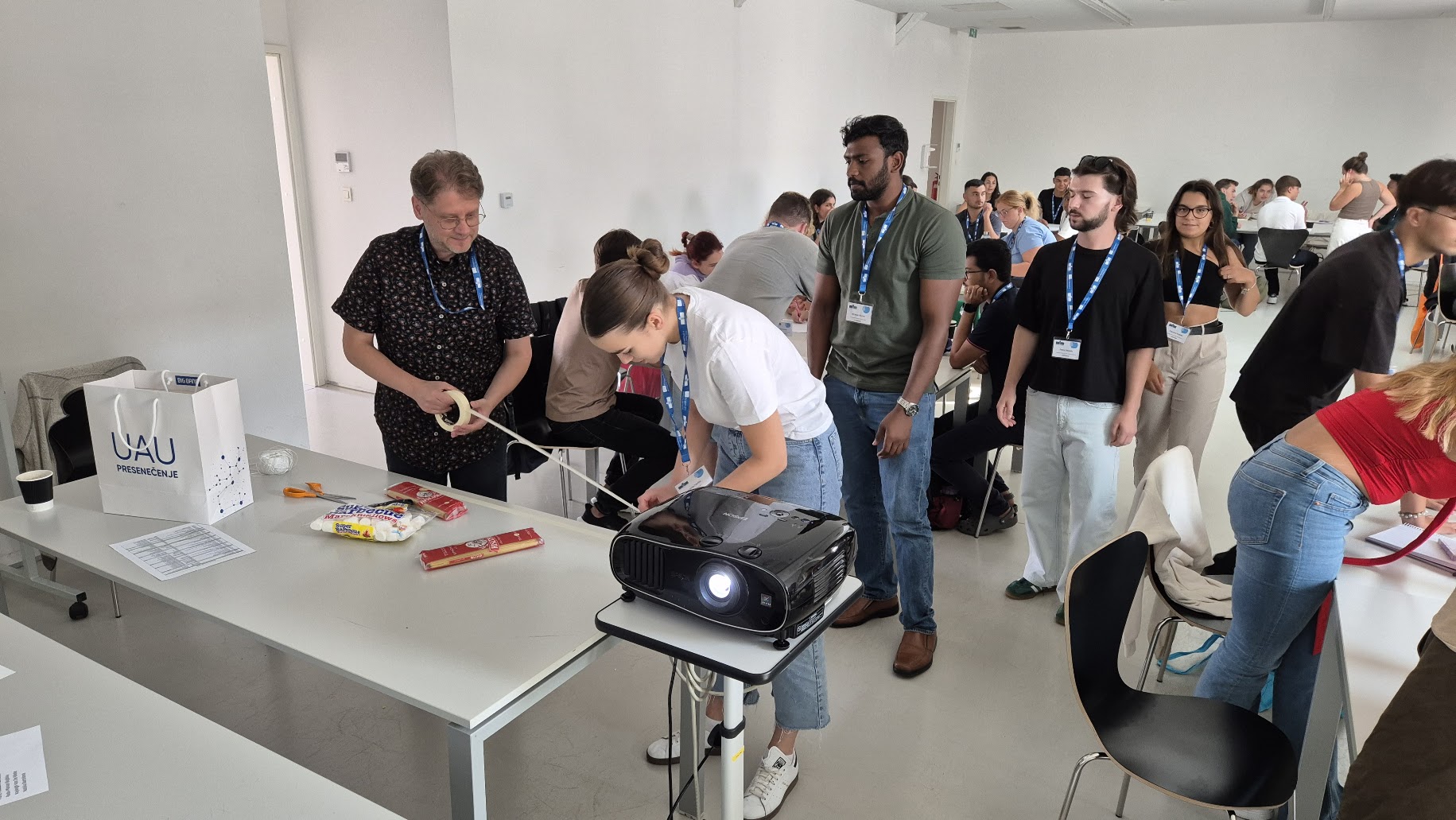
SUMMER SCHOOLS
SUSTAINABLE SYNERGIES: BRIDGING TOURISM AND AGRICULTURE THROUGH SUPPLY CHAINS AND LOGISTICS
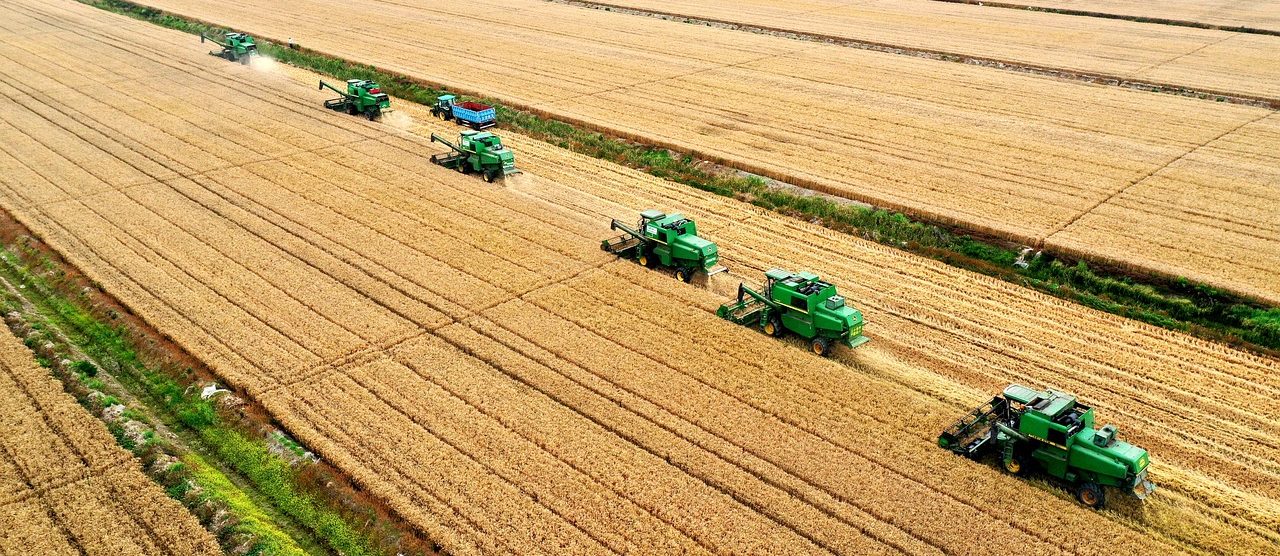
The interdisciplinary summer school on “Sustainable Synergies: Bridging Tourism and Agriculture through Supply Chains and Logistics” brought together 29 partners forming the CEEPUS network “Tourism and Agriculture Sustainable Alliances #TASA network” coordinated by the Faculty of Logistics of the University of Maribor. The aim of the summer school was to highlight the importance of logistics and supply chains in the process of linking two economic activities, agriculture and tourism. The programme of the summer school included lectures by international experts in the fields of logistics, tourism, agriculture and management; workshops focused on the green and digital transition and develop transferable competences by managers and professionals in all these fields.
The summer school programme was complemented by a social programme in the afternoon, excursions and fieldwork. The main part of the summer school was working in interdisciplinary teams on case studies where participants perceived concrete logistical problems encountered in the integration of agricultural and tourism supply chains and accordingly came up with concrete solutions that are in line with the green and digital transition.
Summer school coordinator: Asst. Prof. Ddr. Lazar Pavić (lazar.pavic@um.si)
SUMMER SCHOOLS
BFPT SUMMER SCHOOL
